In 2005, US merchants banded together to file a lawsuit against the two largest credit card companies in the world, Visa and Mastercard.
Now, nearly 20 years later, a settlement has finally been reached. However, while the merchants agree that the $30 billion settlement is certainly a step in the right direction, much more still needs to be done to fix this broken system.
Understanding the Merchant vs. Visa and Mastercard Dispute

In order to grasp the newest development in the case, it’s first crucial to understand the original lawsuit from 2005 and why merchants are so vehemently frustrated with the giant card companies.
Essentially, more than a dozen of America’s big-name merchants convened in 2005 and alleged that Visa and Mastercard charged excessive fees to store owners for allowing customers to pay with their debit or credit cards. And that in doing so, Visa and Mastercard violated federal Antitrust laws.
How Could Visa and Mastercard Have Violated Antitrust Laws?

America’s antitrust laws regulate fair competition by protecting consumers from predatory business practices and limiting the power of any one company within a market.
The basis of the 2005 lawsuit was that Visa and Mastercard violated these laws by completely monopolizing the credit and debit card market and then raising merchant fees on every customer purchase to the extreme.
How Much Do Visa and Mastercard Charge Merchants?

Over the years, the price per transaction set by companies like Visa and Mastercard has steadily increased.
Today, in 2024, they charge merchants somewhere between 2% and 4% of the total cost of the bill. And merchants can either pay that charge themselves or make their customers foot the bill.
Merchants Charge Customers for Credit Card Fees in Several Ways

Although many consumers are completely unaware, that extra percent has already been added to the price of the products they purchase. This means they’re technically paying the card fee, even if they pay in cash.
However, as inflation increases around the country, many merchants are worried about raising their prices any more than absolutely necessary, as they may lose customers.
The New Tactic Is Charging at Checkout

Instead of jacking up product prices, many merchants have decided to simply inform customers that there is a 2%-4% fee for using a card at their store. If they choose to use cash, they don’t have to pay the surcharge.
While the system is working in theory, it is quite frustrating for both American consumers and merchants. Especially since companies like Visa and Mastercard are making billions of dollars from each and every charge.
The Settlement Means These Fees Will Decrease… But Not by Much

Now, here’s where things get a little complicated. Technically, the $30 billion settlement between the merchants and the card companies means that swipe fees will be decreasing for the first time since their inception.
For the next five years, fees from Visa and Mastercard will be 0.04% less than they are now. But although that will apparently save Americans and merchants $30 billion over the next half-decade, it won’t make much of a difference to the individual.
Small Businesses Will Struggle to Keep Prices Competitive
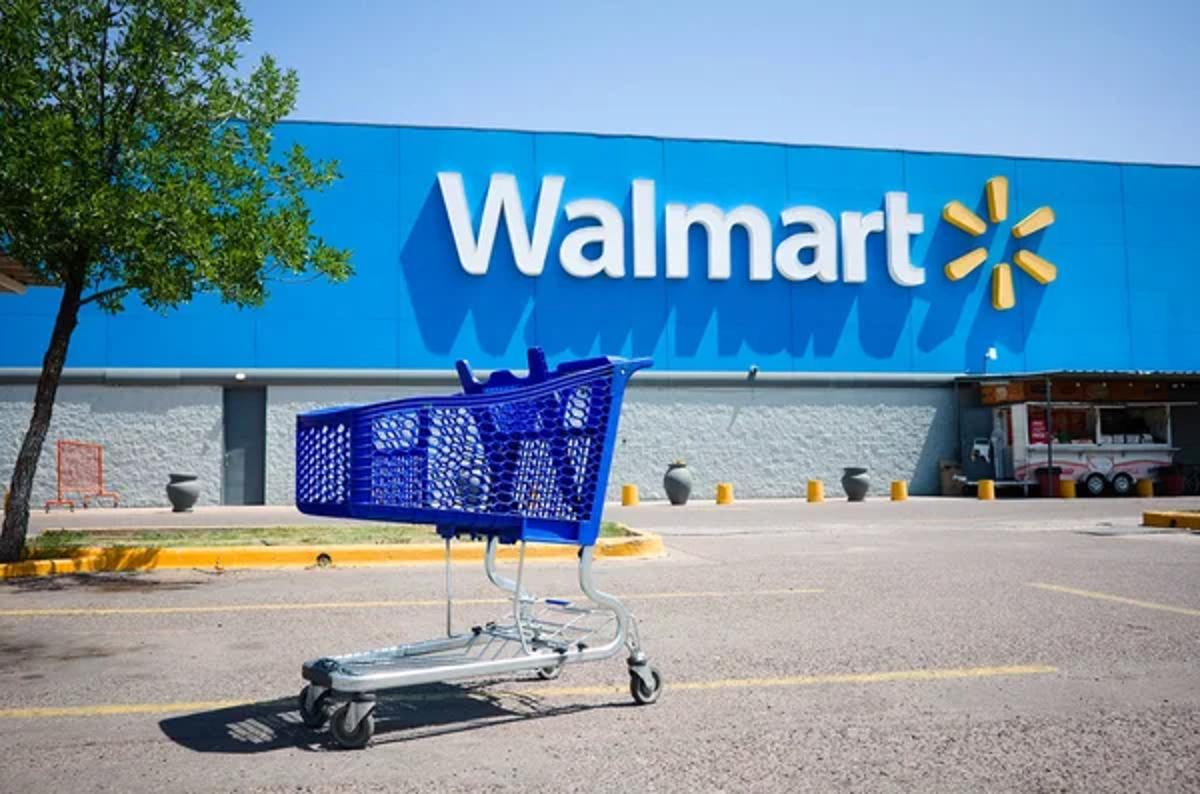
Stephanie Martz, chief administrative officer and general counsel at the National Retail Federation, told CNN that the decrease would only amount to “pennies on the dollars” for both businesses and customers. She continued, “The fact remains that these fees are an unfair business practice that harms merchants and consumers and benefits banks.”
Additionally, the new settlement includes a clause that states merchants can make deals with major banks so that if customers use a certain card, they will have to pay a smaller fee. That means large retailers like Walmart will be able to charge their customers far less than family-owned businesses that don’t have the capacity to broker such a deal.
Small Banks and Credit Unions May See a Decrease in Customers in the Near Future
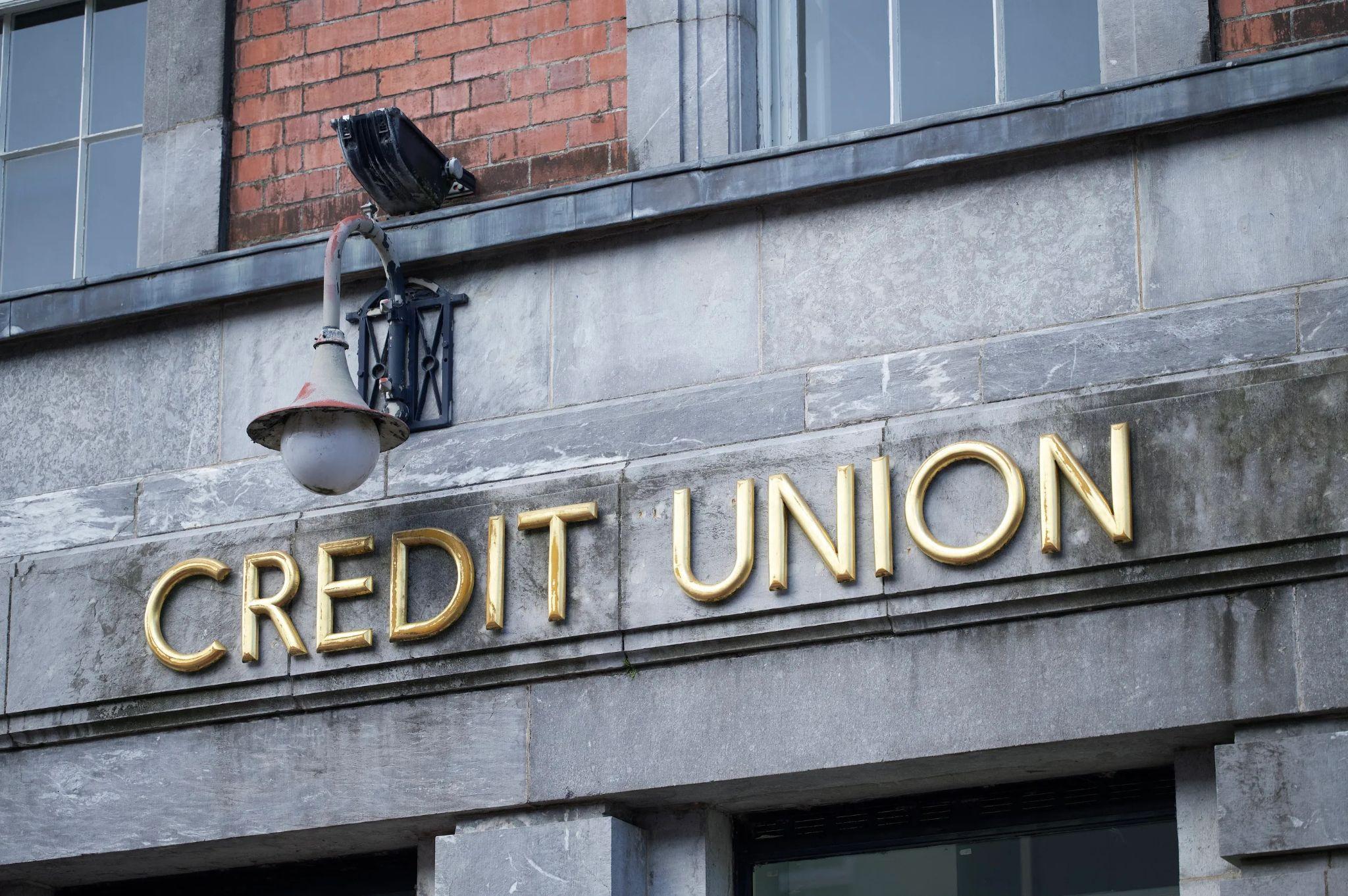
Small businesses will undoubtedly struggle if this plan is approved by the courts, but they’re not the only ones. Experts are concerned about what this will mean for smaller banks and local credit unions.
The settlement essentially ensures that big banks like JP Morgan and Chase will monopolize the market even more than they do now, as they will be able to sign those deals with stores like Walmart or Amazon. Consequently, cards from smaller institutions will have much higher surcharges, and customers will likely leave them behind.
The US Government Is Trying to Level the Playing Field
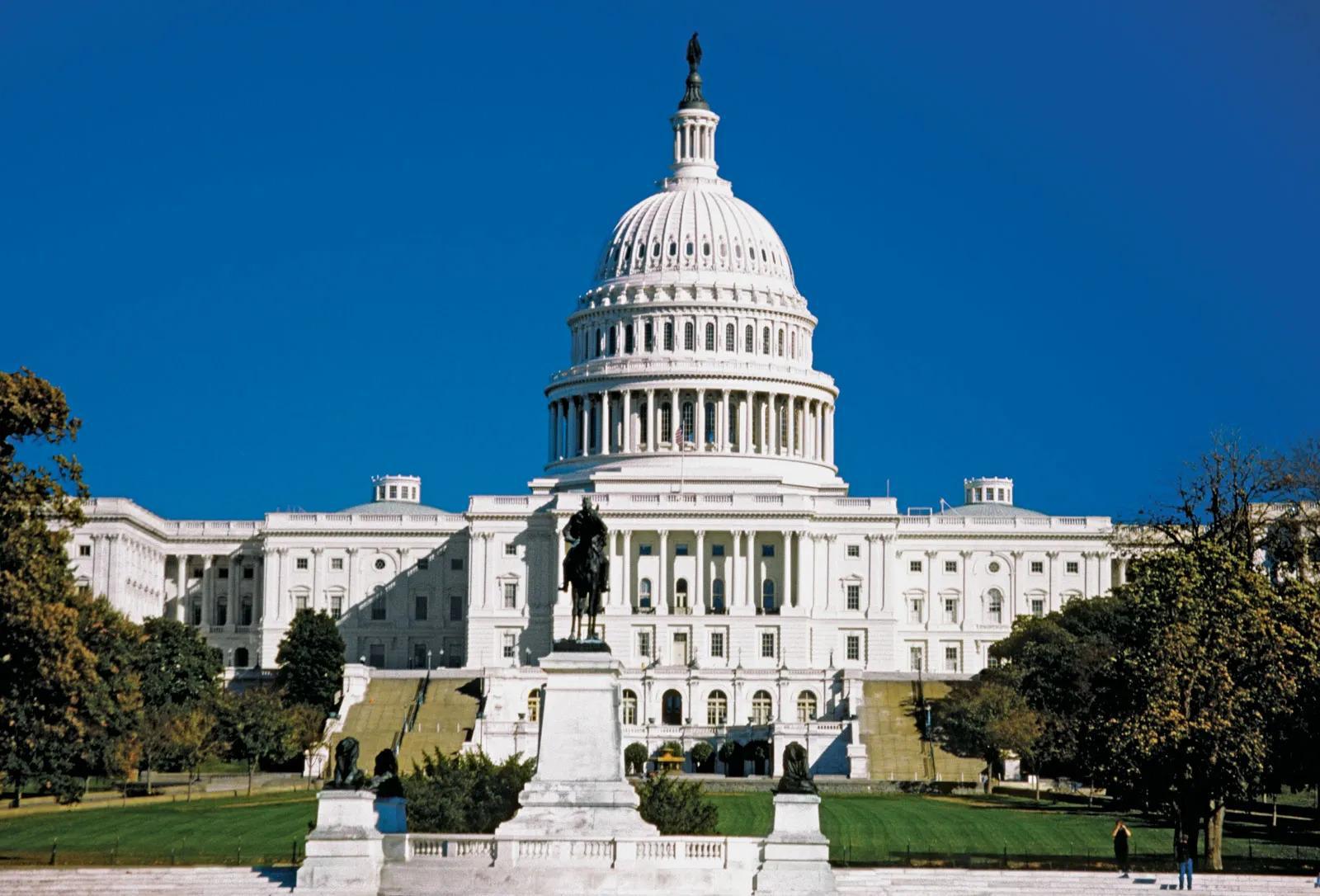
The US government has always struggled to find the line between supporting pure, unaided capitalism and a fair market. However, in this case, it seems the government may actually get involved.
A bipartisan group made up of members of both the House of Representatives and the Senate are currently working on a law called the Credit Card Competition Act that would moderate the monopoly Visa and Mastercard have on the market.
What Would the New Laws Change?
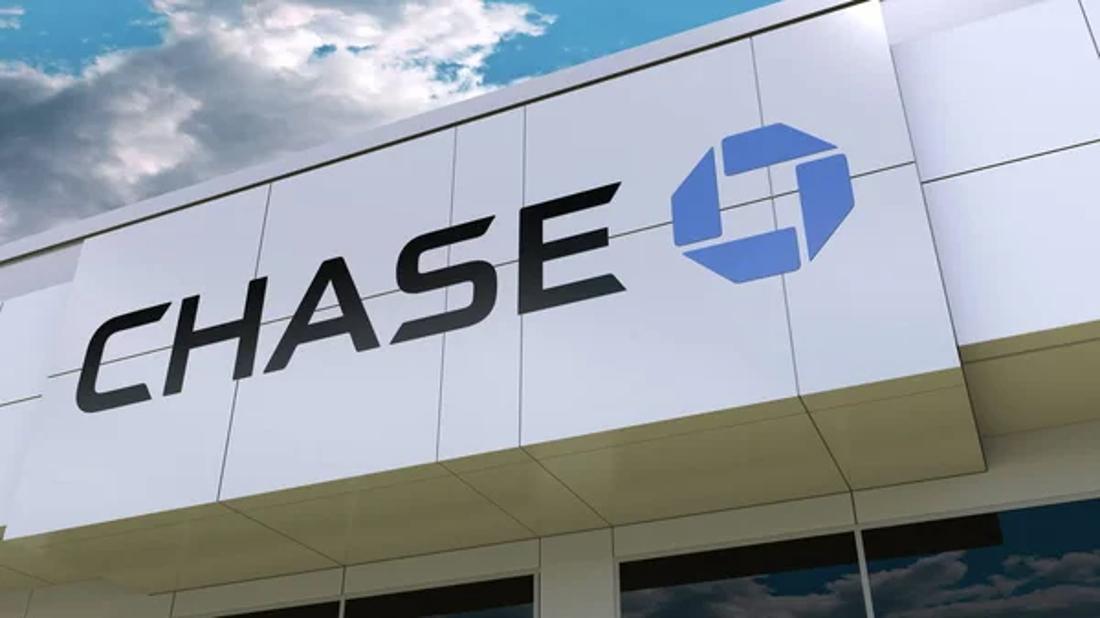
If the legislation passes, large credit card companies such as Chase, Bank of America, and JP Morgan would be forced to work with two credit card processors, and only one can be Visa or Mastercard.
The NRF and other retail organizations are thrilled with the Credit Card Competition Act and hope it will be passed within the year.
This Fight Is Far From Over
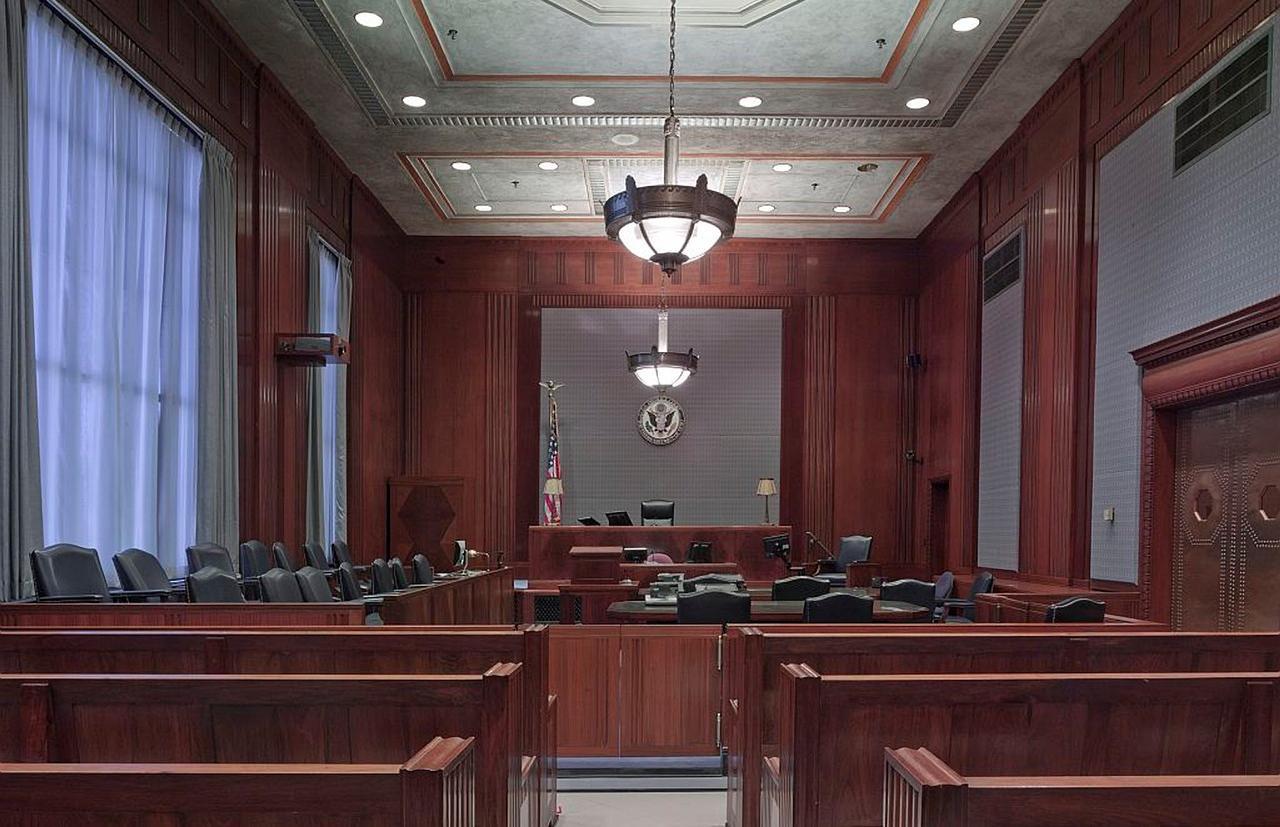
Although it may seem like the lawsuit from 2005 has been resolved, the fight for merchant and consumer rights against the major credit card companies is far from over.
The plaintiffs will absolutely counter the settlement, and this case could go on for another 20 years. But hopefully, concrete changes will be made to the system much sooner than that.
